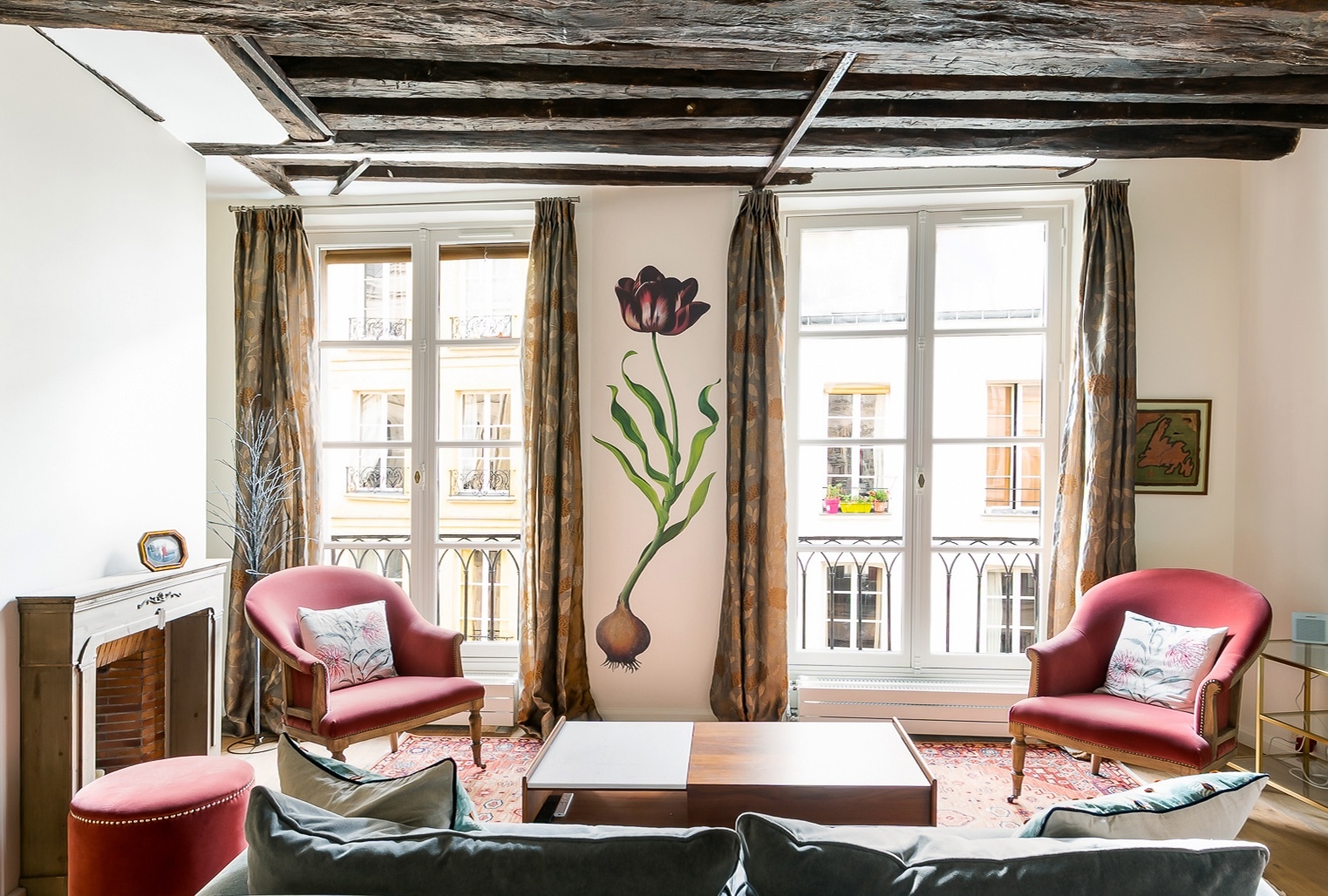Choosing the Right French Mortgage

France Home Finance's seasoned team of experts will work with you to identify the best rates and products you can qualify for.
Banks in France offer a wide variety of French euro-based mortgage products.
When choosing your French mortgage, you will want to consider the:
- Duration of your French mortgage
- Amount of your down payment
- Type of interest rate: variable, fixed or a hybrid (combination of the two)
- French mortgage type: amortised vs. interest only
- Early repayment fees
Apply for your French mortgage HERE
Duration of your French mortgage
Most French banks offer mortgage durations of anywhere between 5 and 25 years, although a maximum of 20 years is preferred. The longer the mortgage duration, the lower your monthly payments will be.
Amount of your down payment
Typically, French banks will require a cash down payment of 20 to 30 % of the total of the purchase price plus 8 to 10% for closings costs.
Other cash outlays required include the filing fees and legal fees :
- Filing fees – this includes the bank’s processing fees and French mortgage broker fees.
- Legal fees - this general term includes taxes, notaire fees and mortgage registration fees to place a charge / lien on the French property title (the “hypothèque”), all of which are set by the government. Count on 6 to 8% of the purchase price for properties older than 5 years and 3 to 5% for new construction or properties less than 5 years old.
Type of interest rate : variable, fixed or hybrid (combination of the two)
A fixed interest rate mortgage has an interest rate that remains fixed for the life of the mortgage. The advantage is that you know exactly what you must pay every month.
If rates go down, it's possible to refinance and the maximum legal penalty is 6 months interest on the amount repaid. A good rule of thumb is that your new interest rate should at least be 1% than the existing one for it to make sense to refinance.
The majority of French banks only offer fixed rate mortgages for the entire duration.
Variable interest rates are based on adding a percent bank margin to an interest rate index like the “Euribor 3 month”. The advantage of variable rates is that they are usually the lowest in the market. They are typically fixed for the first 3 months to 1 year then go up or down as the market index moves. Many banks offer variable rate mortgages that limit the risk of a rise in interest rate with a cap on the interest charged or monthly payment increase allowed.
A hybrid interest rate has both variable and fixed elements putting it in the middle in terms of risk and known cost.
French mortgage type: amortised vs. interest only
Amortised French mortgages, also known as capital repayment mortgages, require you to make payments to the bank including both interest and a portion of the amount you borrowed each time. You pay back the entire amount you borrowed over time.
The majority of French banks only offer amortised mortgages.
With interest only French mortgages, you pay only the interest expense for an initial period, and then you either repay the amount borrowed in full or switch to an amortised (repayment) mortgage. The advantage of an interest only mortgage is that the monthly payment is considerably smaller because you are not repaying the capital.
This often means the rental income on your French property can cover the mortgage payment. An interest only mortgage also makes sense if you expect the value of your French property to rise substantially over time and you plan to sell before you would have paid off the mortgage in full.
Apply for your French mortgage HERE
Early repayment fees
Most French banks charge an early repayment penalty of six months interest on the amount prepaid. This is the maximum penalty allowed by French law. The minimum repayment amount is often 10% of the initial mortgage amount.
Loan insurance
French banks require borrowers to obtain insurance that repays the loan directly to the bank in case of death. If borrowing in a couple, the insurance is split according to income. For example, if one person earns 80% of household income, 80% of the loan will value will be insured on them and 20% on the other. In rare cases, no loan insurance is required. Insurance policies held abroad cannot replace this requirement.